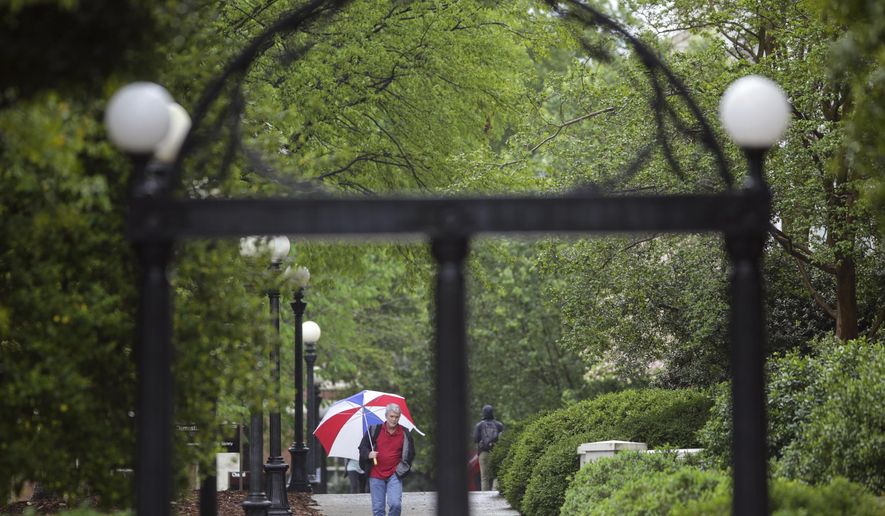A gene that makes bacteria resistant to “last resort” antibiotics was detected in Georgia sewer water, according to the University of Georgia’s Center for Food Safety.
Researchers say the presence of the MCR-9 gene in an urban sewer system indicates that the gene is gaining a foothold in the U.S.
“If we don’t tackle it right now, we are jeopardizing human and animal medicine as we know it and that can have huge repercussions on health and the economy,” said Issmat Kassem, an assistant professor at the University of Georgia’s College of Agricultural and Environmental Sciences. “It’s a dangerous problem that requires attention from multiple sectors for us to be able to tackle it properly.”
The MCR-9 has been a major concern for world health officials given its resistance to Colistin, a powerful antibiotic reserved for infections that are untreatable by other medications.
The U.S. banned the use of Colistin to treat infections in livestock to help slow the spread of antibiotic-resistant strains of bacteria. Colistin is still used to treat infections in livestock in other countries, such as China and India.
Adding to the researchers’ concerns is the fact that they found evidence of the resistant gene in the first sample they took from a metro area sewer in Georgia. The gene was located in a strain of bacteria, M. morganii, which the researchers say is often overlooked by scientists.
The MCR-9 gene can spread through global travel and imported foods.
The University of Georgia researchers published their findings in the Journal of Global Antimicrobial Resistance.
• Joseph Clark can be reached at jclark@washingtontimes.com.




Please read our comment policy before commenting.